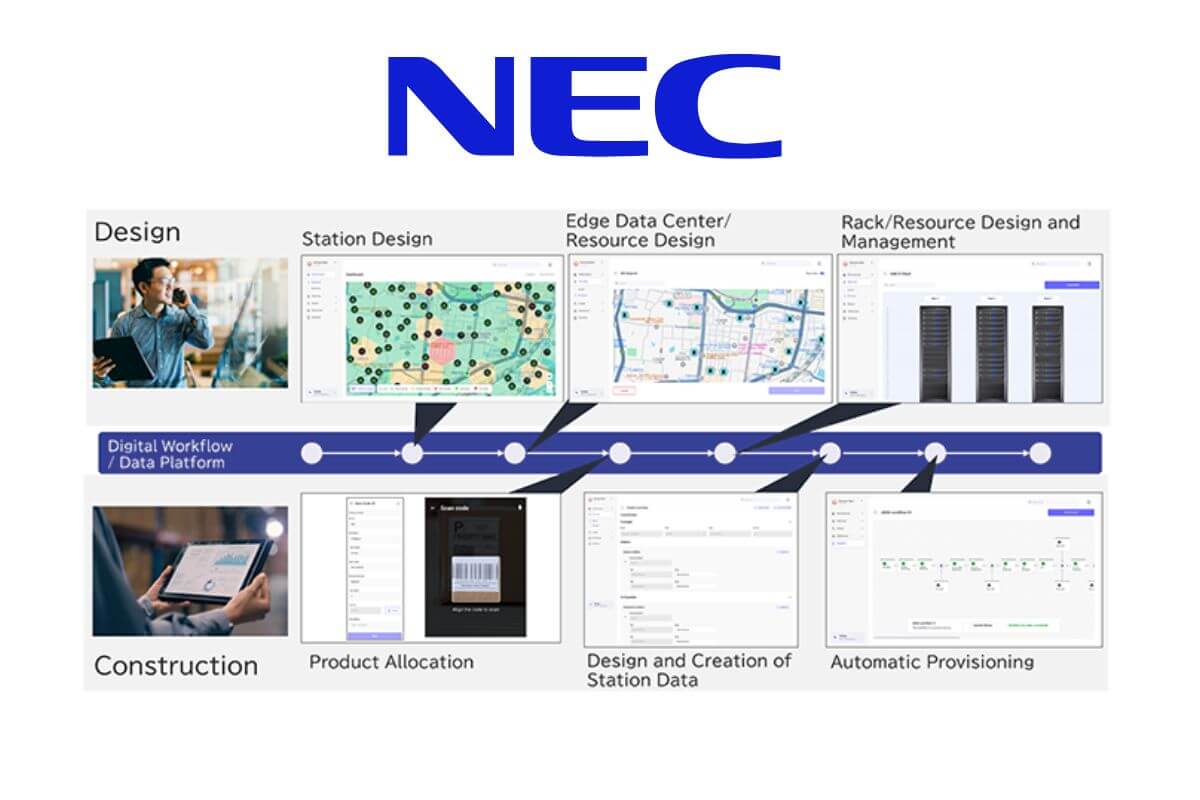Medical Device Makers Seek Exemption From Trump Tariffs

Medical device makers are seeking an exemption from Donald Trump’s tariffs they say will raise the … [+]
The lobby for medical device makers including Abbott Laboratories, Johnson & Johnson and Medtronic is seeking an exemption from Donald Trump’s tariffs they say will devastate the industry with higher costs and lead to massive job loss.
The Advanced Medical Technology Association, known as AdvaMed, is concerned about about tariffs on medical products from Canada, Mexico, and China. Many of its member medical device makers make everything from heart devices and orthopedic products to life-saving ventilators in these countries.
The White House has said Trump is implementing a 25% additional tariff on imports from Canada and Mexico and a 10% additional tariff on imports from China. Energy resources from Canada, however, will have a lower 10% tariff, the Trump administration has said.
On Monday, the Trump administration said it would delay tariffs against Mexico for one month but levies on Canada and China are still set to take effect Tuesday. The announcement about tariffs roiled global markets Monday amid fears of a trade war.
Meanwhile, the medical device industry is bracing for higher costs from tariffs the companies say are merely a tax that would trigger higher prices, a major loss of potentially thousands of jobs and put a cloud over research, development and innovation.
“The increased costs posed by tariffs, and their functioning essentially as an excise tax in practice, could resurrect the climate of concern the medical device excise tax created for nearly a decade,” AdvaMed President and CEO Scott Whitaker said in a statement Monday.
“Our industry is heavily regulated: (the Food and Drug Administration) decides what products can be put on the market, and then Medicaid, Medicare, and the VA largely determine the reimbursement for procedures using medtech products,” Whitaker said. “This means tariffs impact American companies similarly to an excise tax, which would lead to less R&D/innovation, layoffs, higher prices for the above-mentioned payors and patients, or all of the above. Additionally, moving manufacturing from one facility to a different or new facility requires FDA approval, which makes it difficult in the short term to adjust production to the U.S.”
Whitaker said the industry has shared its concerns with the Trump White House and still hopes an exemption will be provided as its was “during President Trump’s first term with respect to the tariffs on China.”
“We are advocating for a similar approach this time,” Whitaker said. “We will closely monitor for any effects the tariffs may have on this critical supply chain and share that information with the administration.”
AdvaMed said its member companies produce medical devices, diagnostic products and health information systems. Tariffs would have a broad impact, device makers say.
“Tariffs could hold back the innovation potential of the U.S. medtech industry,” Whitaker said. “R&D spending would likely be the first and most direct casualty, threatening America’s medtech innovation leadership. And increased tariffs may even have the unintended consequence of boosting the competitiveness of medtech industries of other nations. ”
link






